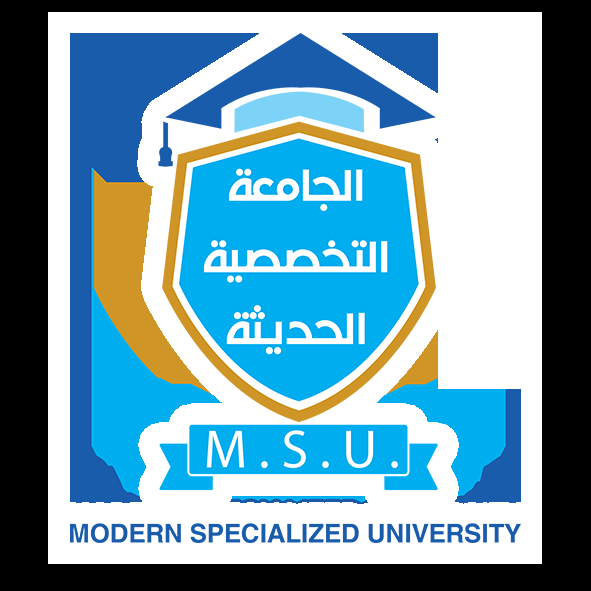You might not realize how technology can transform scientific literacy in Yemen, but it holds the potential to reshape educational landscapes. By leveraging mobile learning platforms and interactive online resources, you can create pathways for students to engage with science more effectively. Imagine the impact of virtual classrooms and collaborative tools in fostering a supportive learning environment. As you consider the possibilities, think about what steps can be taken to implement these technologies and the challenges that may arise in the process. What might this mean for the future of science education in Yemen?
Current State of Scientific Literacy
As you delve into the current state of scientific literacy, you’ll find that it varies significantly across different populations and regions. In Yemen, for instance, access to quality education and resources is limited, leading to a general lack of understanding of scientific concepts. Many individuals struggle to grasp basic scientific principles, which can hinder critical thinking and informed decision-making.
You’ll notice that cultural factors also play a role in shaping scientific literacy. Traditional beliefs sometimes overshadow scientific explanations, making it difficult for people to appreciate the value of science in everyday life. This gap in understanding not only affects personal health choices but also impacts broader societal progress.
Moreover, the lack of trained educators and insufficient infrastructure compounds these challenges. Schools often lack the necessary materials to teach science effectively, leaving students ill-equipped for future opportunities in science-related fields.
You’ll see that this situation calls for targeted efforts to improve scientific literacy, especially in underserved communities.
Role of Mobile Learning
Mobile learning emerges as a powerful tool to address the disparities in scientific literacy highlighted earlier.
With the rapid proliferation of mobile technology, you can leverage these devices to enhance your understanding of scientific concepts and engage with educational content more effectively.
Mobile learning offers flexibility and accessibility, allowing you to learn anytime and anywhere.
Here are some key benefits of mobile learning:
- Instant Access: You can access a wealth of scientific resources and materials right at your fingertips.
- Interactive Learning: Many mobile applications incorporate quizzes and games that make learning fun and engaging.
- Personalized Experience: You can tailor your learning paths based on your interests and pace, making education more relevant to you.
- Community Building: Mobile platforms often support forums and discussion groups, connecting you with peers and experts in the field.
Online Resources and Platforms
Exploring online resources and platforms can significantly boost your scientific literacy by providing diverse and engaging content. With just a few clicks, you can access a wealth of information, interactive tools, and multimedia resources that can enhance your understanding of complex scientific concepts.
Here’s a quick overview of some valuable online resources:
| Resource Type | Description |
|---|---|
| Educational Websites | Platforms like Khan Academy offer free courses on various scientific topics. |
| Video Tutorials | YouTube channels such as SciShow present science in an entertaining way. |
| Online Journals | Accessing publications like PLOS ONE keeps you updated on the latest research. |
| Interactive Simulations | Websites like PhET allow you to visualize scientific phenomena through simulations. |
Virtual Classrooms and Collaboration
Virtual classrooms and collaborative platforms are transforming the way you engage with scientific content and peers. These innovative tools break down geographical barriers, allowing you to connect with a diverse community of learners and educators. You can participate in real-time discussions, share ideas, and collaborate on projects, enhancing your understanding of scientific concepts.
Here are some benefits of using virtual classrooms:
- Interactive Learning: Engage in live lectures and discussions that make learning dynamic and stimulating.
- Access to Resources: Utilize shared digital libraries and databases, giving you access to a wealth of scientific information.
- Peer Collaboration: Work on group projects with classmates, fostering teamwork and collective problem-solving skills.
- Flexible Scheduling: Attend classes and study at times that fit your personal schedule, allowing for a balanced approach to learning.
These platforms not only make learning more accessible but also encourage you to take an active role in your education.
Future Prospects and Recommendations
Anticipating the future of scientific literacy, you’ll find that technology will continue to play a pivotal role in shaping educational experiences.
As you explore innovative tools and resources, consider integrating adaptive learning platforms that tailor educational content to individual needs. These platforms can help students grasp complex scientific concepts more effectively.
You should also advocate for increased access to digital resources in rural and underserved areas. Expanding internet connectivity and providing necessary devices can bridge the gap in technologically al equity.
Encourage collaboration among educators, governments, and tech companies to develop local content that resonates with Yemeni culture and scientific context.
Moreover, promoting hands-on experiences through virtual labs or augmented reality applications will enhance students’ understanding of scientific principles.
Support professional development for teachers, equipping them with the skills to harness these technologies effectively.
Conclusion
In conclusion, embracing technology to boost scientific literacy in Yemen can transform education for countless learners. By utilizing mobile learning, online resources, and virtual classrooms, you’ll empower students to engage with science like never before. This shift not only bridges existing gaps but also fosters a generation ready to tackle future challenges. Let’s advocate for these innovative solutions, ensuring that every young mind has the opportunity to explore and excel in the world of science.





